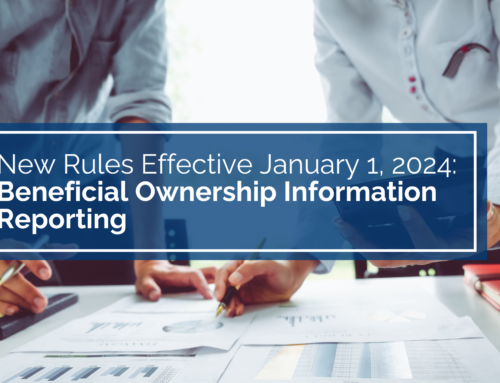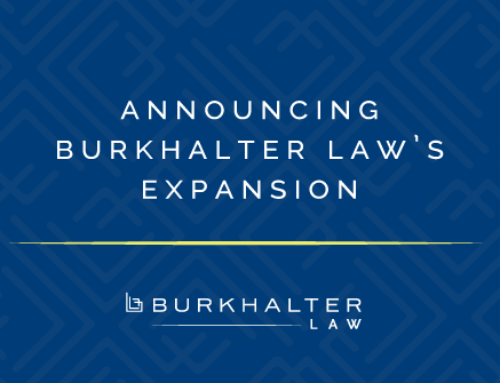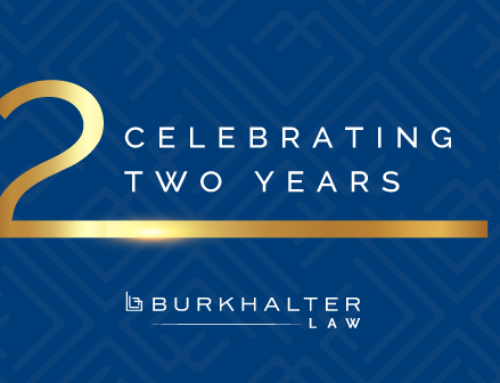Force Majeure clauses have probably been discussed more in the last two months than in the last 2 decades. Force Majeure, of course, is that obscure legal term, from the French, meaning “superior force”— or an event or effect that can be neither anticipated nor controlled. When negotiating contracts in the post COVID-19 environment, what should you look for when writing or reviewing Force Majeure clauses?
Not all Force Majeure clauses are created equal, and simply invoking these two magic words is not enough. It’s also dangerous to rely on vague terms like “catastrophes” or “acts of god.” To the extent your bargaining position allows, make sure the Force Majeure provision is clear as to what events do, and does not, constitute a Force Majeure event that excuses performance.
For instance, depending upon your position in the contract chain, be clear about whether government orders or even government “suggestions” will excuse performance? Will mere lack of availability of product or materials excuse performance? Also, does the contract state what level of impact is required before performance is excused? Must your business or your project be completely shut down for Force Majeure to apply? The more clarity you create in the clause at the outset, the more protection you will reap and as the project progresses.
There are certainly other contractual provisions that are critical in the post COVID-19 world and we recommend you pay special attention to any clause relating to scheduling, delays or liquidated damages.
If we can be of assistance in helping your business navigate these issues, please connect with us.





